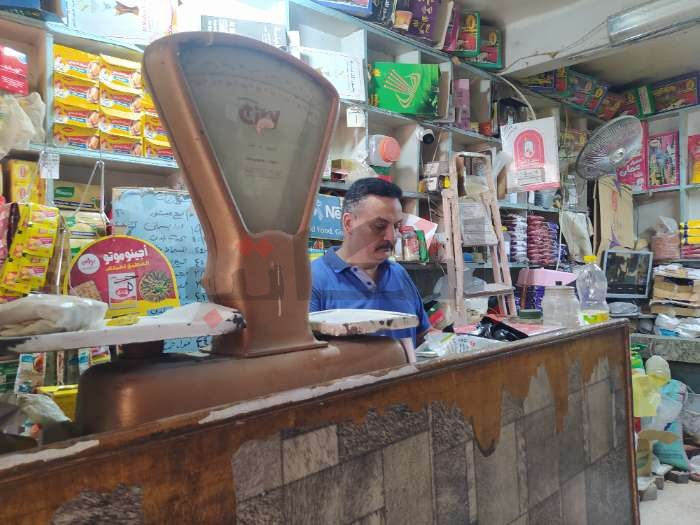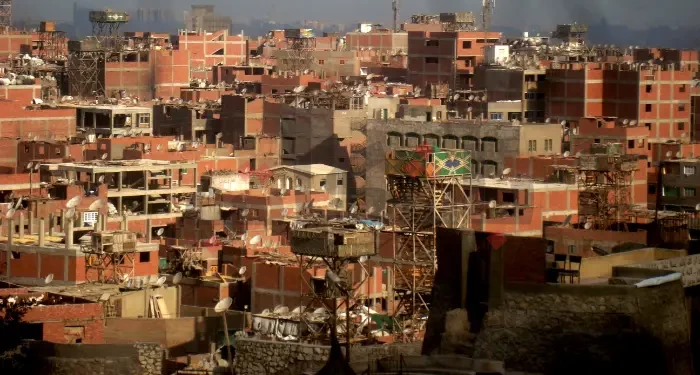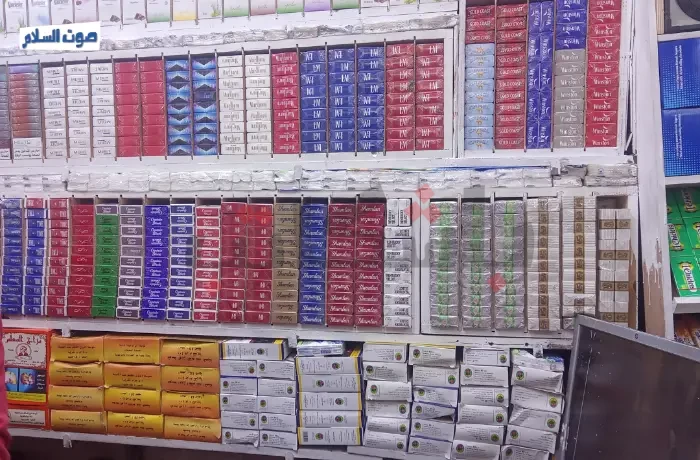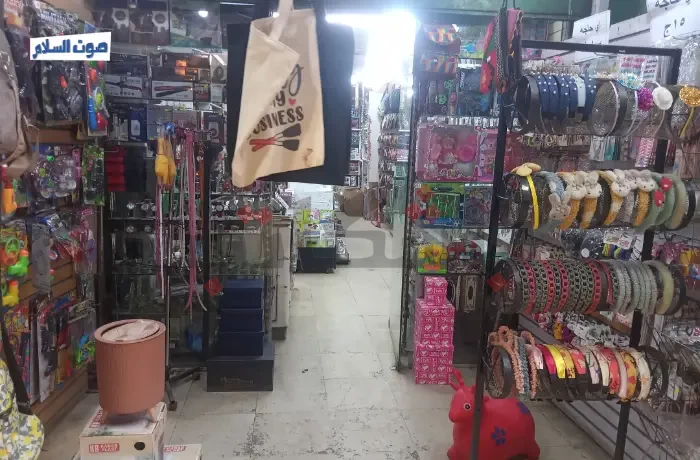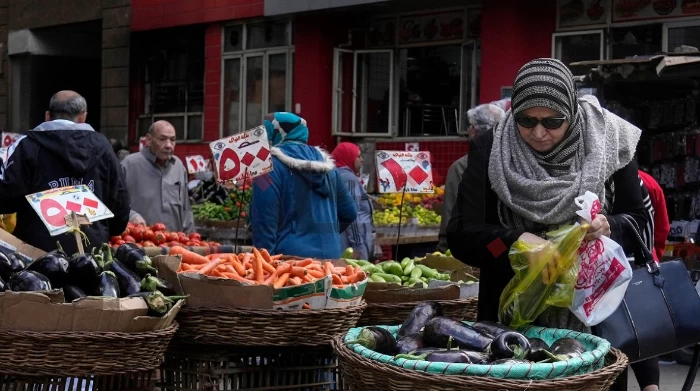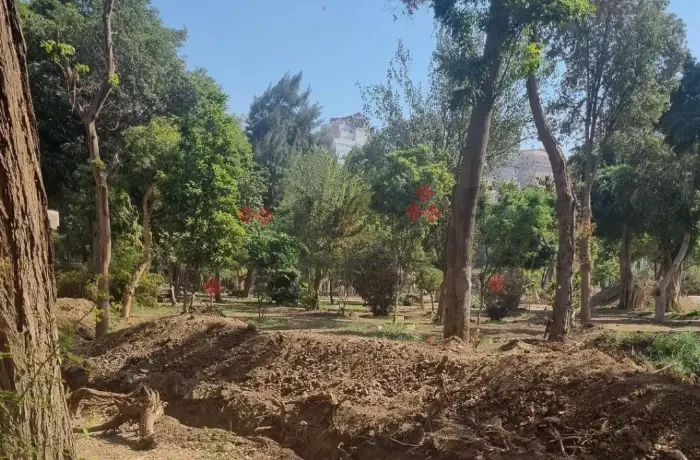Over 40 years, Attiya Mohamed, juice shop owner, used to open his shop every morning at 09:00 am, getting ready for a long hard work extending sometimes to 01:00 am, especially during summer. His daily routine was as follows: the first hour for cleaning and preparing ice cold juice, after that cleaning his lifetime friend the sugarcane juicer.
Attiya never in his wildest dreams would imagine that there will come a day when he has to close his shop at 10:00 pm, due to the ministerial decision issued last Tuesday aiming at rationalising electricity consumption. This decision came as a part of a long list of governmental decisions to end the ongoing power outage crisis since last year. The government promised the citizens in a press conference to stop power cutbacks starting the third week of next July, then going back after the end of summer, with a promise to stop power outages entirely and for good by the end of the year.
Attiya fell into despair once he heard about the decision, for summer is a special season, as temperatures increase, the juice shop sales increase as well.
Closing commercial shops to rationalise electricity
Last Sunday, confusion arose between increasing power cutbacks to three hours, adding an extra hour since the beginning of power cutbacks implementation, without issuing any statements from the Prime Minister, the Ministry of Electricity, or the Egyptian Electricity Holding Company.
Next day from implementing the extra hour, a statement was issued by the Ministry with an additional hour for only two days, namely Sunday and Monday, but after the end of the two days, the Prime Minister issued a decision to continue this additional hour until the end of the week, the thing that sparked the citizen’s anger, expressing it on social media, complaining of the high temperatures exceeding 37 degrees Celsius, random outage dates, and the increase in the number of outage hours.
Thursday morning, after the citizens spent a night simmering in anger, President Abdelfattah Al-Sisi issued orders to the entities concerned with resolving the crisis, the thing that called for an immediate meeting between the Prime Minister and Minister of Electricity, which resulted in Prime Minister Mostafa Madbouly issuing a series of decisions to rationalise electricity in a way that suits citizens, as well as issuing a not-so-much accepted apology. Among those decisions was closing commercial shops by 10:00 pm, except for supermarkets, which will close at 01:00 am, starting next month, the thing that raised the surprise and anger of shop owners.
Attiya doesn’t know how he’s going to deal with losing such profitable season, saying with dissatisfaction, “I’m already losing money throughout the year, juice has become a luxury due to the increasing prices, and now they want me to close my shop early, isn’t it enough that the sugarcane juice goes bad due to the power outage and the heat”.
“As if they’re punishing us” … this is what shop owners believe
A few blocks from Attiya’s shop there lies Mahmoud Hassan’s poultry shop. The shop owner was extremely upset with the decision, “I can’t believe it! As if they’re punishing the shop owners who are trying to deal with the crisis, the sales are low for more than a year due to the increasing prices”, as Egypt suffers from the increasing prices crisis after devaluation of the Egyptian pound 4 times since 2022, US dollar today has reached 48 Egyptian pounds.
The increasing prices affected the poultry sales, as local poultry prices reached 123 EGP per kilo, the thing that forced Mahmoud to keep his shop open until 11:00 pm due to the low demand, “before the prices increased, I used to close my shop at 06:00 pm as all the products are sold out, now the sales movement is not the same and I cannot close shop unless I sell all the chicken in the shop, that’s why I keep open until late hour”, explained the shop owner.
On the other hand, cafés stand in confusion, as the decision didn’t specify their stance from closing their doors, whereas some cafés in areas like Dar Al-Salam are open 24/7. Ahmed Mohamed, a waiter, mocks their ambiguous stance concerning the closing decision, as it should include all shops and services, so that everyone would get ready starting this week, adding, “we’re lost, no one knows what tomorrow brings us”.
As Mohamed Abdulrahman, a supermarket manager, awaits the decision’s implementation starting next week so he can change the place’s working hours and open earlier than usual to compensate for closing early, for this is a 24/7 supermarket with rotational shifts, Mohamed still doesn’t know how he will compensate those hours he will close his shop, let alone dealing with the workers whose shifts would be cancelled because of the government’s decision.
Mainly, the supermarket manager does not agree with such a decision, for it is unclear and will have a negative effect on sales and the shop’s working hours that are already suffering from the power cutbacks decision.
